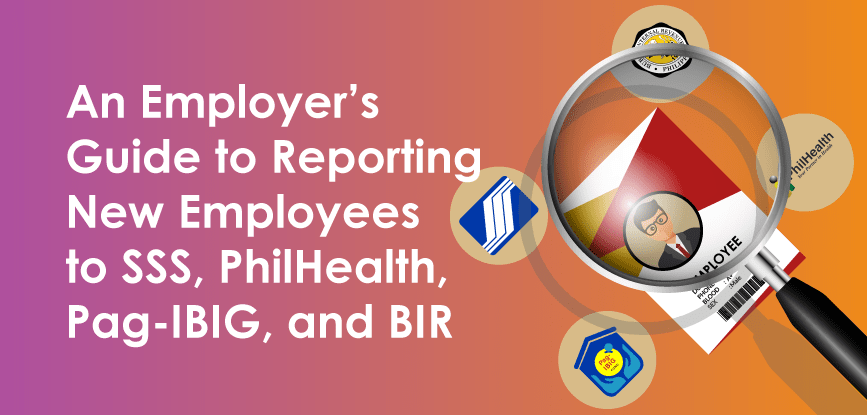As an entrepreneur, ensuring that your company continues to grow is vital to a successful business venture.
Admin
In the Philippines, private businesses and employers are mandated by law to register their newly-hired employees to appropriate government agencies as part of their onboarding process.
To encourage small enterprises, the Philippine Congress has revised the Corporation Code to include a new legal entity — the One Person Corporation (OPC).
Foreign corporations that intend to set up a service center to perform income-generating business activities to their subsidiaries, branches, and affiliates around the world can set up a Regional Operating Headquarters (ROHQ) in the Philippines.
Foreign corporations seeking to set up a communications center to supervise, inspect, or coordinate their subsidiaries, branches, and affiliates around the world can set up a Regional or Area Headquarters (RHQ) in the Philippines.
Foreign corporations seeking to test their potential in the Philippine market before making any significant investments can establish a Representative Office.
As an employee, it is vital to be knowledgeable about the labor laws for holiday pay in the Philippines to ensure that you are receiving proper pay for rendered work during holidays.
Foreign Direct Investments (FDI) in the Philippines for 2021 have grown significantly in the past few years. Despite the unfortunate effects of the COVID-19 pandemic, the Philippines still remains an ideal market for foreign investments in Southeast Asia.
Want to do business in the Philippines but unsure what investment vehicle best caters to your business needs? In this article, we list the three most common options that local and foreign entities can choose when planning to set up operations in the Philippines.
Location. Location. Location. Entrepreneurs need to consider the significant impact of finding the right location for their business as it could be the difference between a successful and failed venture.










